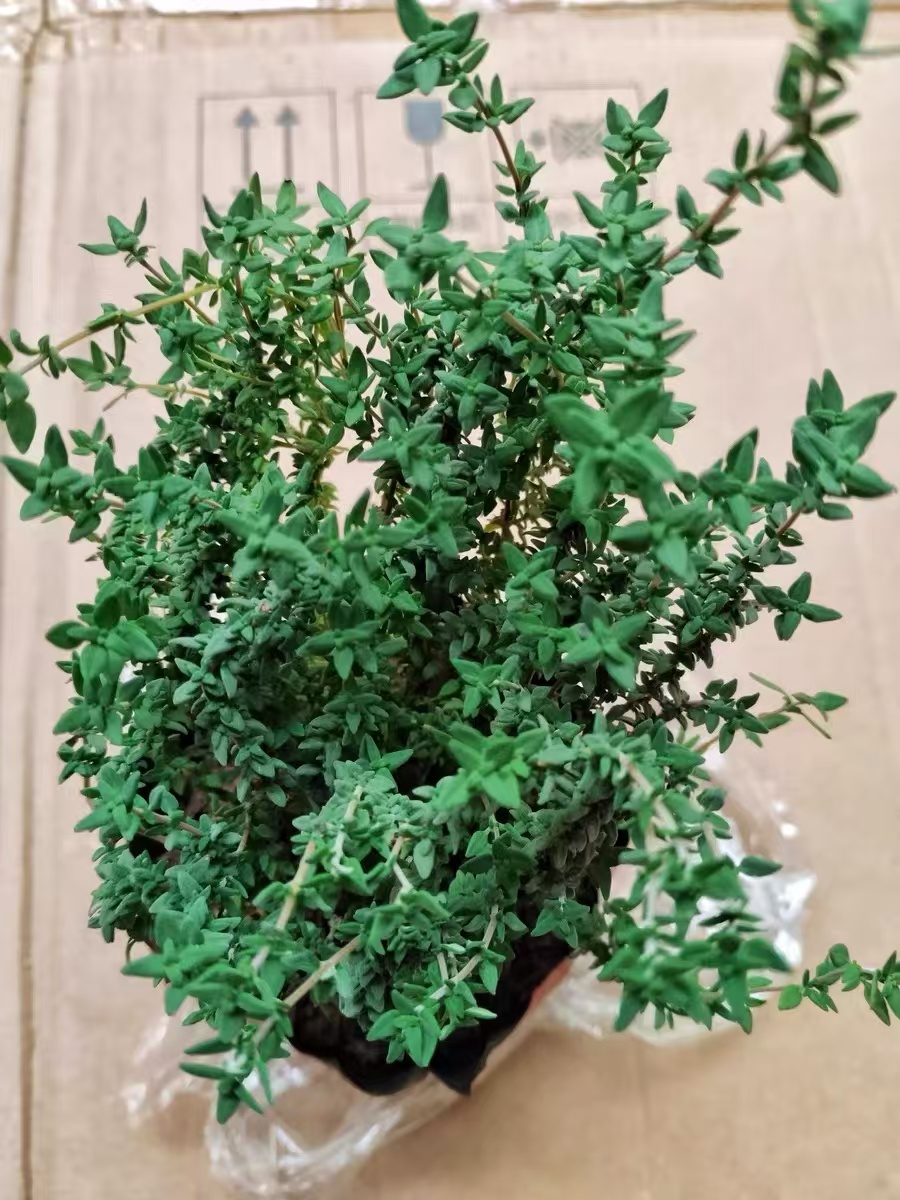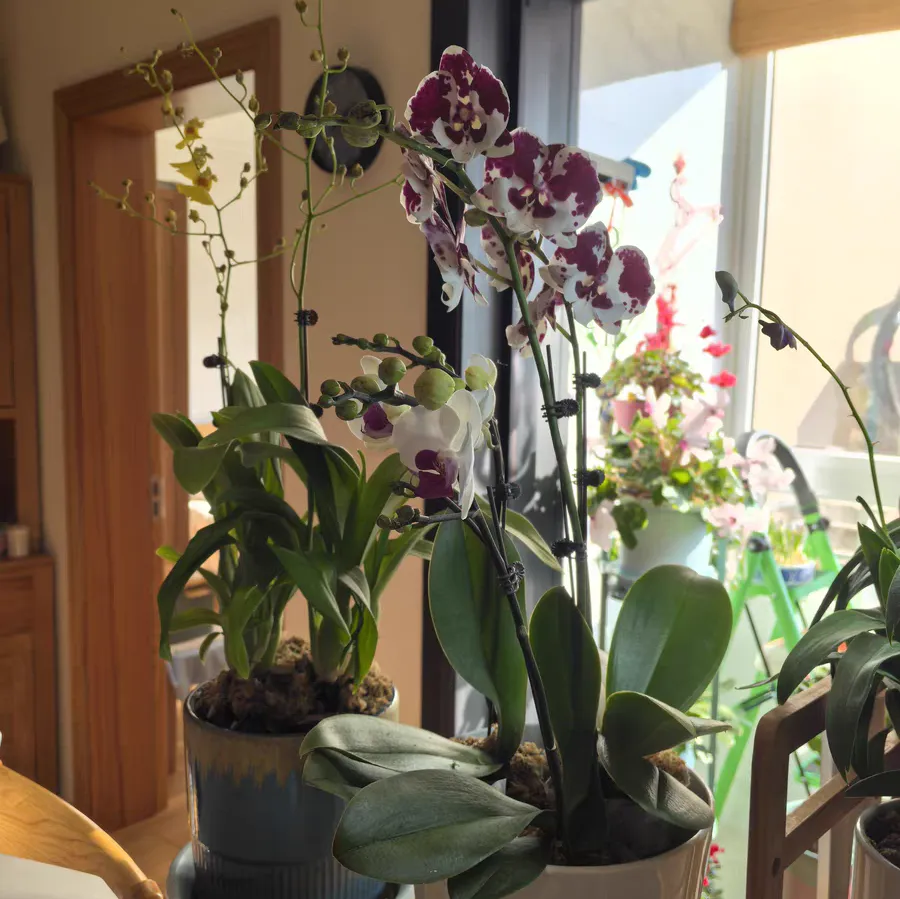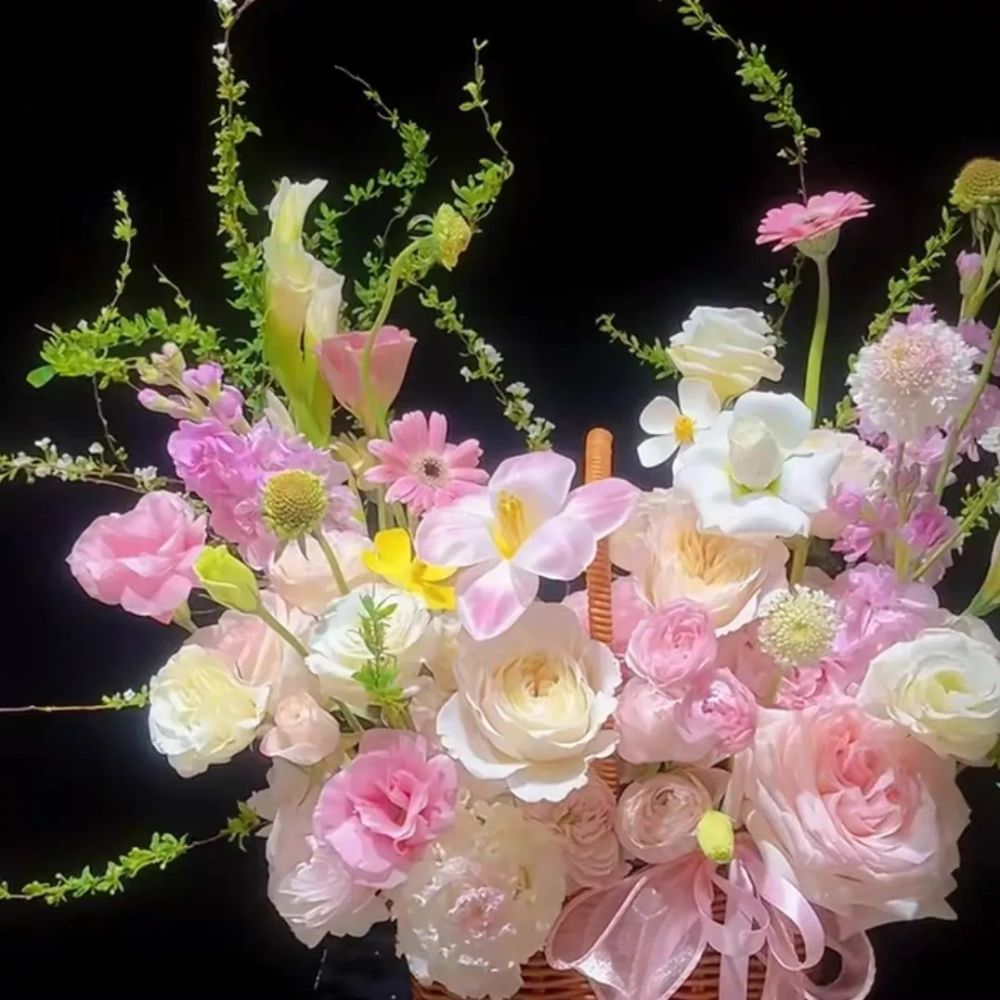Thyme is a kind of herbaceous plant with a unique aroma and rich medicinal value. For beginners, how to cultivate thyme and whether to choose potting or ground planting often become problems that trouble them. The following will deeply analyze the cultivation characteristics of thyme and compare the advantages and disadvantages of potting and ground planting to help you make a suitable choice.
Thyme likes sufficient sunlight exposure and requires at least 6 hours of direct sunlight per day. Therefore, whether it is potting or ground planting, a location with sufficient sunlight should be chosen for cultivation. During the high temperature in summer, appropriate shading can be done to reduce the temperature and avoid leaf burns.
Thyme is suitable for growing in a warm and dry environment, and the optimum growth temperature is 15 - 25°C. It is neither cold-tolerant nor heat-tolerant. In winter, attention should be paid to keeping it warm, and in summer, attention should be paid to ventilation and cooling. Meanwhile, thyme has strong drought tolerance but is not tolerant to waterlogging. Therefore, when watering, the principle of "watering when the soil is dry and stopping when it is wet" should be followed to avoid water accumulation in the pot soil.
Thyme does not have strict requirements for soil, but it is best to choose sandy soil that drains well, is loose and fertile. When potting, a mixture of decomposed leaf soil, garden soil and river sand in a certain proportion can be used to meet its growth needs. When ground planting, attention should be paid to the drainage of the soil to avoid root rot caused by water accumulation.
Thyme grows rapidly and has a moderate demand for fertilizers. During the growth period, decomposed organic fertilizers or compound fertilizers can be applied once a month to provide sufficient nutritional support. Meanwhile, in order to maintain the beauty of the plant and its ventilation and light transmission properties, regular pruning should be carried to cut off withered branches, diseased branches, weak branches and overly dense branches.
Comparison of the Advantages and Disadvantages of Potting and Ground Planting
Advantages of Potting
High Flexibility: Potted thyme can be moved freely, and its position can be adjusted according to the light and temperature conditions, which is convenient for management.
Space-saving: For families with limited space or balcony gardeners, potting is the best choice.
Easy to Observe: Potted thyme is easier to observe its growth status and the situation of pests and diseases, so that timely measures can be taken for prevention and treatment.
Disadvantages of Potting
Soil Limitation: The soil in the pot is limited, and it is easy to become compacted and lack nutrients. Regular soil replacement and fertilization are required.
Difficulty in Water Management: Potted thyme has high requirements for water management. Water accumulation should be avoided while keeping the soil moist.
Advantages of Ground Planting
Large Growth Space: The roots of ground-planted thyme are well-developed, and there is sufficient growth space, which is beneficial to the healthy growth of the plant.
Superior Soil Conditions: The soil for ground planting is deep and fertile with good drainage, which is beneficial to the growth of thyme roots and the absorption of nutrients.
Simple Management: The management of ground-planted thyme during the growth period is relatively simple. Only attention needs to be paid to watering and fertilization.
Disadvantages of Ground Planting
Fixed Location: The location of ground-planted thyme is fixed and cannot be adjusted according to the light and temperature conditions.
Susceptible to Pest and Disease Attacks: Ground-planted thyme is easily attacked by pests and diseases in the surrounding environment, and stronger prevention and treatment are required.
In conclusion, thyme is suitable for both potting and ground planting. The specific choice depends on your actual situation and needs. If you have limited space or hope for flexible management, potting is a good choice. If you have enough space and good soil conditions, ground planting is more beneficial to the healthy growth of thyme. No matter which way you choose to cultivate thyme, you should pay attention to its growth characteristics and key points of cultivation to ensure the healthy growth of the plant.
Is Thyme Easy to Cultivate?

Share with
Tagged in :




Leave a Reply